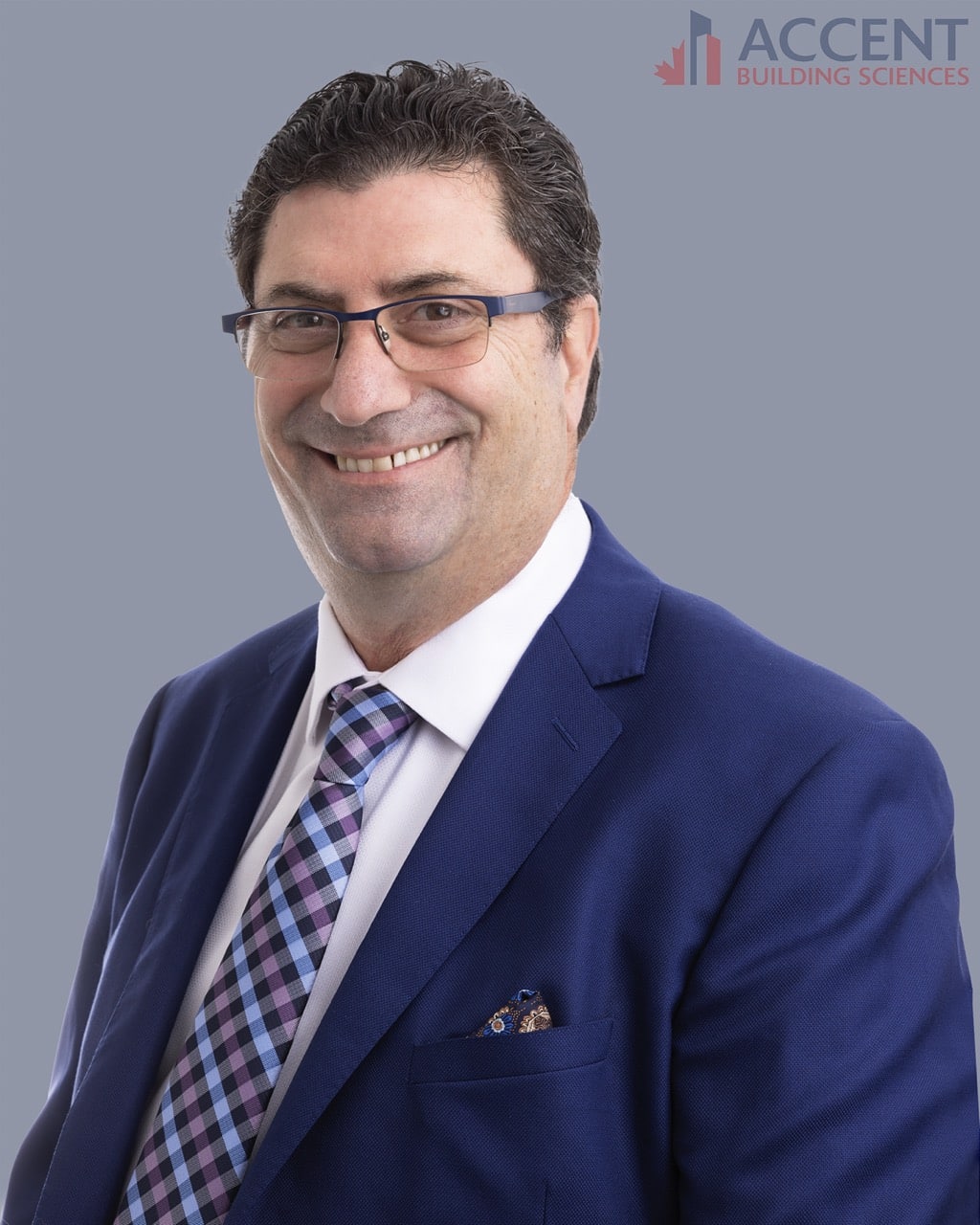500 Hood Road, Suite 320Markham ONL3R 9Z3

A fully funded reserve fund for condominium organizations is a critical concept aimed at ensuring that the condo organization has enough funds to cover forecasted repairs and maintenance according to expected needs.
While ‘fully funded’ may sound simple enough, effectively calculating and implementing the right numbers can be more complex. However, the basic goal – ensuring there is enough money to maintain condo buildings in good condition and pay for any required work – remains.
Condominium associations rely heavily on reserve fund studies to accurately forecast necessary maintenance and repairs, as well as to predict future costs associated with such endeavours. These studies play a critical role in ensuring that reserve funds are adequately prepared to cover forthcoming expenses. They involve meticulous assessments of the condition of common elements, estimation of their remaining useful life, and projection of repair or replacement costs over an extended timeframe, often spanning 30 or more years.
The reliability and accuracy of these studies are paramount. These form the foundation for budgeting decisions and the effective administration and management of reserve funds within condominium communities. Without dependable forecasts provided by reserve fund studies, it becomes challenging to allocate resources appropriately and ensure the financial stability of the association over time. As a result, investing in high-quality reserve fund studies is a significant advantage for financial planning.
Contrary to some might expect, achieving 100% funding doesn't mean having to have the entire sum for all future work stowed away in an account. Rather, it signifies being on track to accumulate the necessary funds by the time maintenance or repairs are expected to be due.
Essentially, a fully funded reserve balance is in direct proportion to the fraction of life "used up" for a given component. For instance, if a building component is expected to need replacement in ten years, and replacement costs are predicted to be $100,000, in five years’ time, or half-way through the period to replacement, a reserve fund balance would still be considered to be fully funded at $500,000, or half of the total cost.

However, condo communities will have various building components, with different expected related costs, all coming due at different times, which can make things more complicated. To be fully funded, the reserve balance will need to be on track for each of the repairs, so enough fund is available for each job as it becomes necessary.
Again, the condo organization does not need 100% of the funds for all of these, sitting and waiting in an account; the fund just needs to ensure that adequate funds are available whenever forecasted work becomes due.
Another complicating factor is estimating how much funds that are not being currently used can accumulate through interest or investment gains. Income from such sources needs to be regularly reassessed to ensure actual income matches predicted income, so the fund is still on track to be fully funded.
While costs for predicted work are also estimated, taking into account any expected increases, during periods of high inflation or industry changes, these estimated costs may be too low. Therefore, these numbers need to be reviewed and updated regularly to ensure a fund can still be considered fully funded.
These adjustments should be done in conjunction with regular condo reserve fund studies.
Maintaining a fully 100-percent funded balance can be challenging, especially during certain stages. Given that what constitutes being fully funded can also be a moving target based on changing factors, some condo organizations instead set a goal of maintaining 70% funded reserves available, instead. A 70% fund is considered strong, with low risks of special assessments or deferred maintenance.

While the Ontario Condo Act requires condominium corporations to establish and maintain a reserve fund to cover future repair and replacement costs, and requires at least 10% of the annual budget to go towards the reserve fund, it does not specify a target funding level.
However, achieving full funding of reserve funds is generally considered a best practice in condominium management, and ensures condo organizations are meeting their general requirement of providing an adequate reserve fund. When fully funded, the costs of maintenance and replacement are spread out over time, ensuring equitable distribution of expenses among all owners. It also enhances the marketability and value of condominium units, as prospective buyers are reassured by the property's financial stability and proactive approach to maintenance. It also demonstrates responsible financial stewardship, regulatory compliance, and transparency in condominium management.
Since a condominium reserve fund study is essential as a foundation for identifying future work needed, establishing timelines, and forecasting costs, it is critical to have comprehensive assessments with detailed reports and reliable predictions. ABSI’s skilled and experienced engineers provide the reliability and level of detail you need for effective financial management and planning.

Naji Hassan, a renowned professional in Building Science and Engineering, brings a wealth of knowledge and experience to his field. Educated at Beirut Arab University and Harvard Business School Online, Hassan has honed his expertise in structural and municipal engineering, building science, and business management. As the President of Accent Building Sciences and an experienced Senior Project Manager, he has made significant strides in building envelope engineering, building condition assessments, and energy retrofit programs. His commitment to innovation and excellence is evident in his approach to large-scale project management and his active participation in industry organizations. Hassan is not only a leader in his field but also a prolific writer and thought leader. He regularly shares his insights and experiences through articles on LinkedIn, which can be found at LinkedIn Articles. Additionally, he maintains a blog where he delves deeper into various aspects of building science, accessible at Accent Building Sciences Blog. Outside of his professional pursuits, Hassan enjoys travel, golf, languages, gardening, and music, reflecting his diverse interests and well-rounded character. Naji Hassan's journey in building science and engineering is not just a career but a testament to his lifelong dedication to learning, teaching, and inspiring others in his field.

500 Hood Road, Suite 320Markham ONL3R 9Z3